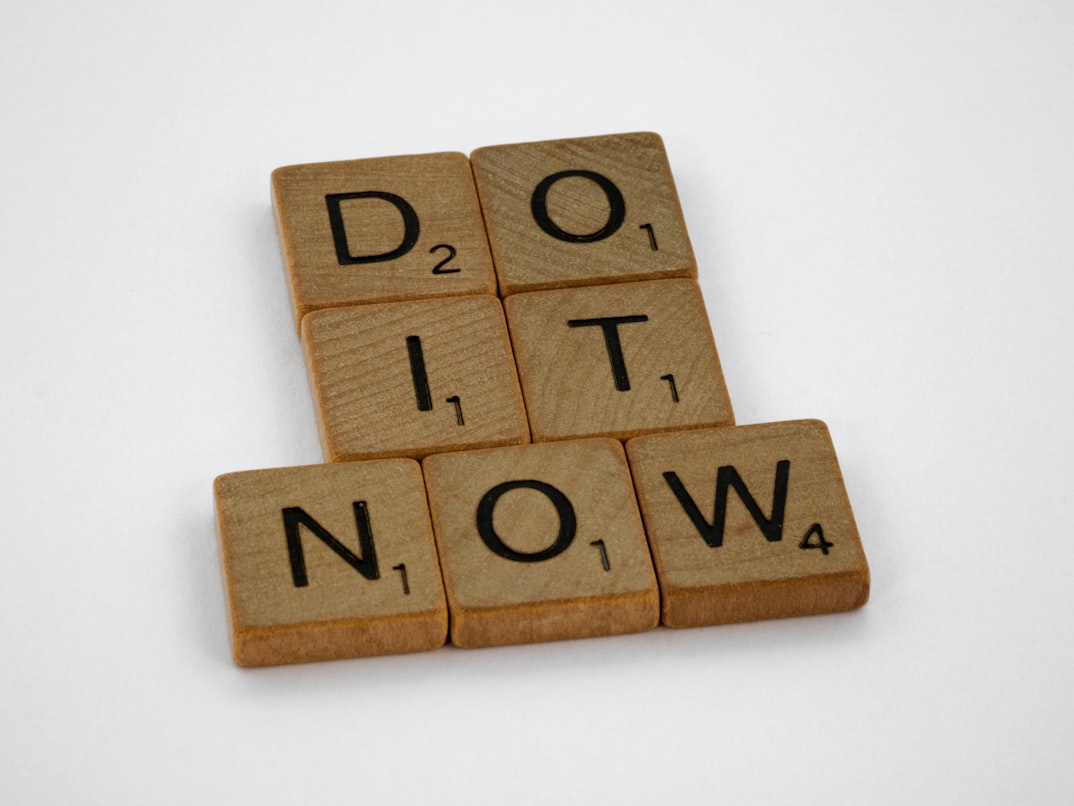5 Ways to Get Things Done Today So You Can Do More Tomorrow
The day is almost over and you still haven’t gotten anything done? There are 5 simple steps to help you cope with this problem.
An unexpected meteorite fall, a sudden fire alarm, a burst pipe in the apartment . It becomes clear: “Today everything went wrong for me. It distracted me from my work. As a result, the food wasn’t cooked, the apartment wasn’t cleaned, the time I had allotted myself to write my essay for me was already out, and I didn’t get anything done.” Most students and employees have a big problem with time management.
Identify the most urgent tasks and perform them at the peak of your activity.
Table of Contents
1. Rethink your daily routine.
Find and eliminate all the factors that waste your precious time. Start keeping track of how you use your hours and minutes. Thank goodness there are tools that help collect personal statistics from your gadgets.
Consider this: every time you are distracted by something, it takes you 23 minutes to refocus on your work tasks. That’s a huge waste of time. So before you get down to business, you should minimize any distraction. Clear your desktop, set your Do Not Disturb schedule, reply to all messages before you dive headfirst into your work.
2. Find your peak productivity time
Do you know what time of day your productivity is at its highest? If you’ve never thought about it, it’s no wonder you don’t get anything done.
For most people, productivity peaks between 8 a.m. and 12 p.m. Also, those who get up earlier are less prone to procrastination.
Determine your own schedule by considering what time of day you are most energetic and active. All of the most difficult tasks that require one hundred percent concentration should be done when your energy is at its peak. That way you’ll accomplish more with less time.
3. Get the most out of it.
Treat time not as a given, but as a resource that you invest in creating a product. Evaluate its real value and decide if it’s worth doing X if it takes you at least 30 minutes.
Optimizing your work will save resources and effort and give you more free time tomorrow. Here’s what you need to do to do it:
Plan. Decide what you absolutely need to get done today and what can wait. Try to organize your schedule so that you do fewer things, but concentrate only on the most important tasks.
Automate. Let your computer, smartphone, and web services do everything for you. Spend a lot of time cleaning up your email? Set up filters. Filling out a lot of the same electronic forms? Have a dedicated mechanism in your browser or password manager. Use services to automate anything and everything, like IFTTT. All of this will free up a lot of valuable time.
Delegate. If you can not automate some task, but its execution requires a lot of time or inconvenience for you – delegate it to assistants, colleagues or even outsource. This will allow you to focus on the really important things that you can do yourself.
Use a calendar. The best way to organize your work is to save all tasks to the calendar. The thing is, it gives a more visual representation of time than the usual to-do lists.
Apply all of the above, and if you can save a couple of hours a day – consider that you have an extra day in your week.
Check out our Instagram for the best motivation and productivity texts in a convenient format. Subscribe!
4. limit your work hours.
Reconsider your schedule. If you work more than eight hours a day, limit yourself to six hours and try to complete tasks within that time.
By setting a limit, you will be forced to focus on the most important tasks. Prioritize and work more efficiently with less time. At the same time free up most of the day to have time to rest and better prepare for tomorrow.
5. Avoid doing unimportant things.
Most people spend a lot of time on trivial matters, like making endless phone calls with their colleagues or having meaningless meetings. In doing so, nothing useful is done, and time is wasted.
If you get a huge number of errands in the day, you must learn to select and sift out the useless, to focus only on the priorities.
Learn to say “no.” Many of us are uncomfortable saying no to others because we don’t want to disappoint them. So use milder forms of rejection: for example, you can tell the person you’re talking to that you just don’t have enough time to devote to their assignment, and they’re more likely to understand you.
Say yes to only the most important tasks. Save your time. Think of it as your investment portfolio.







